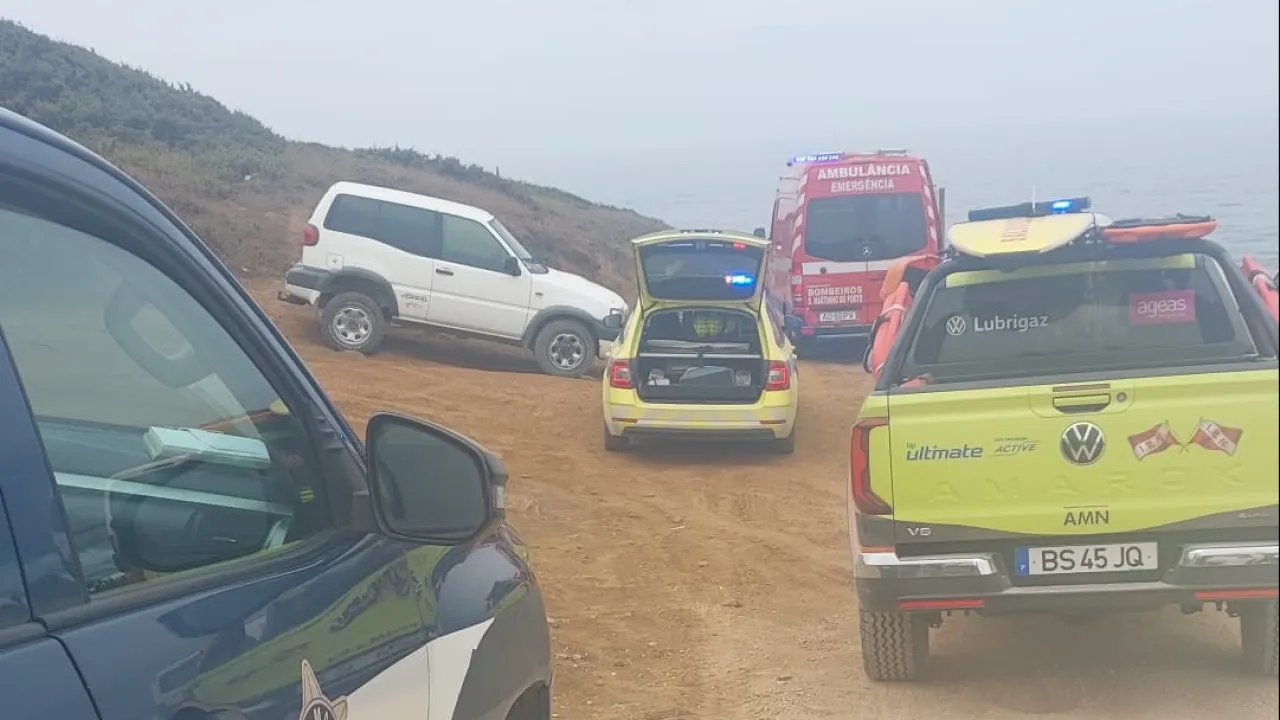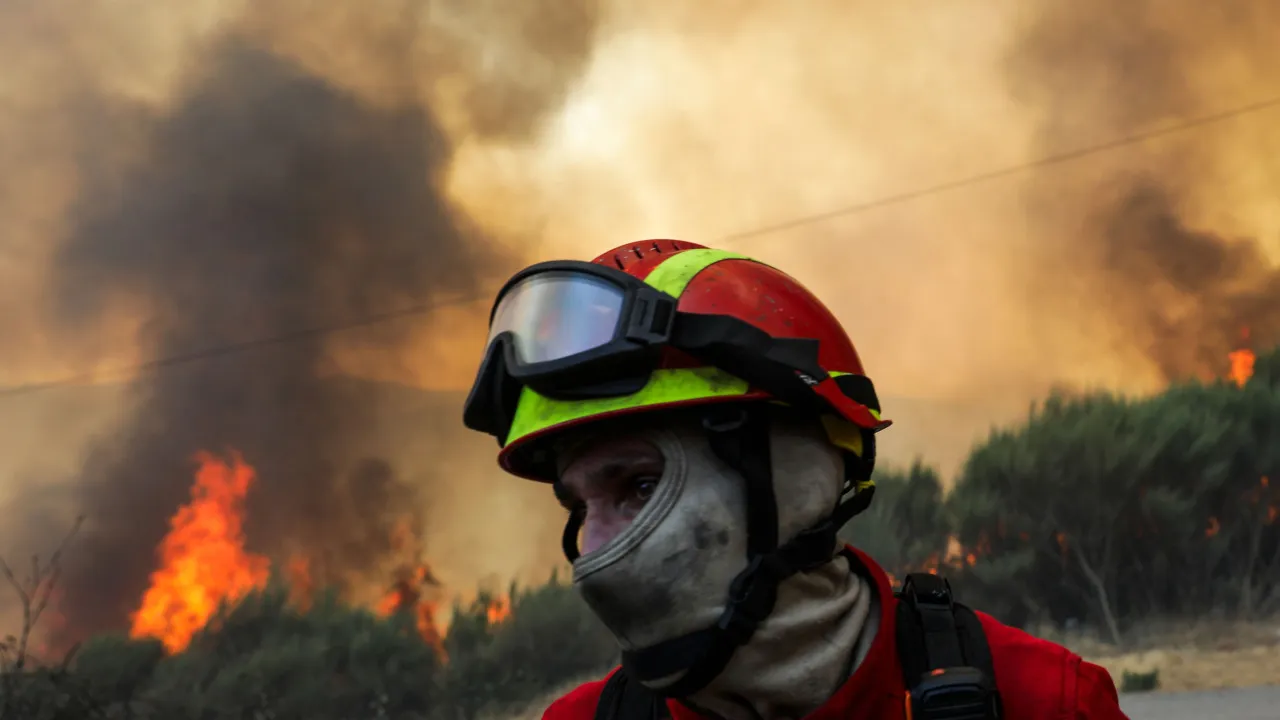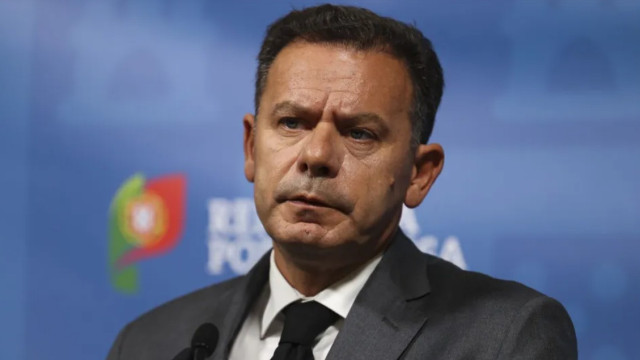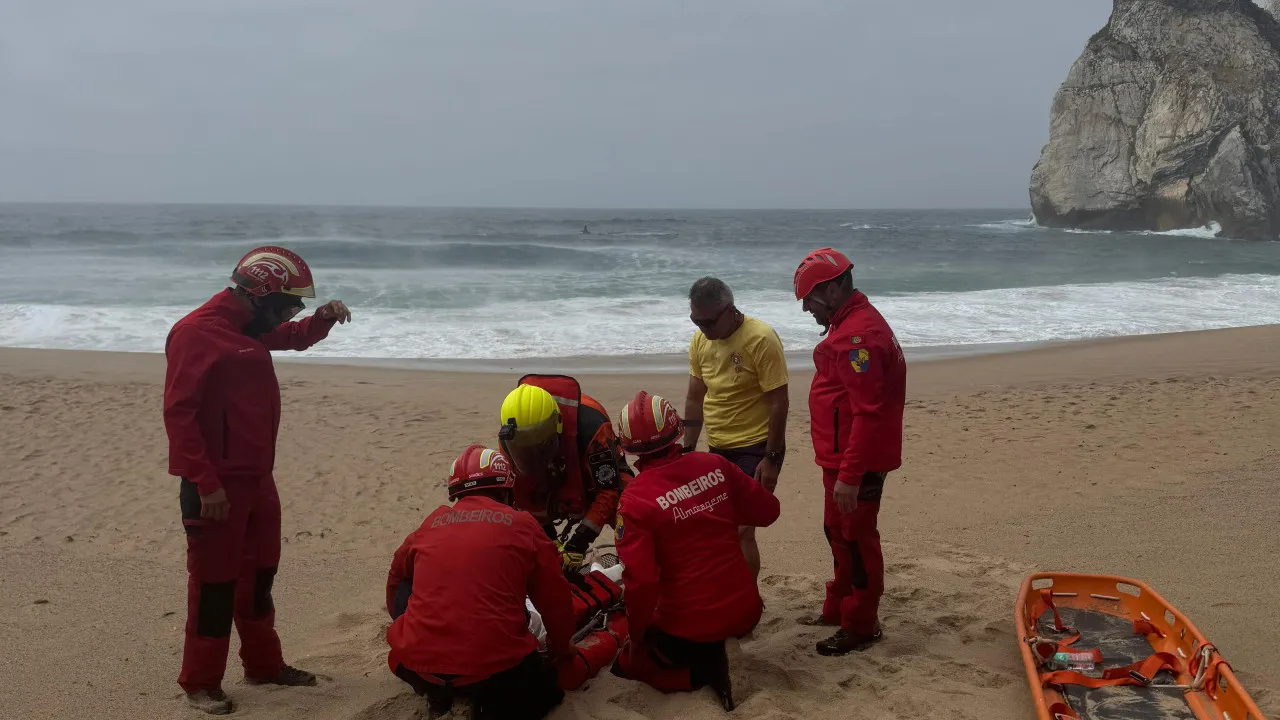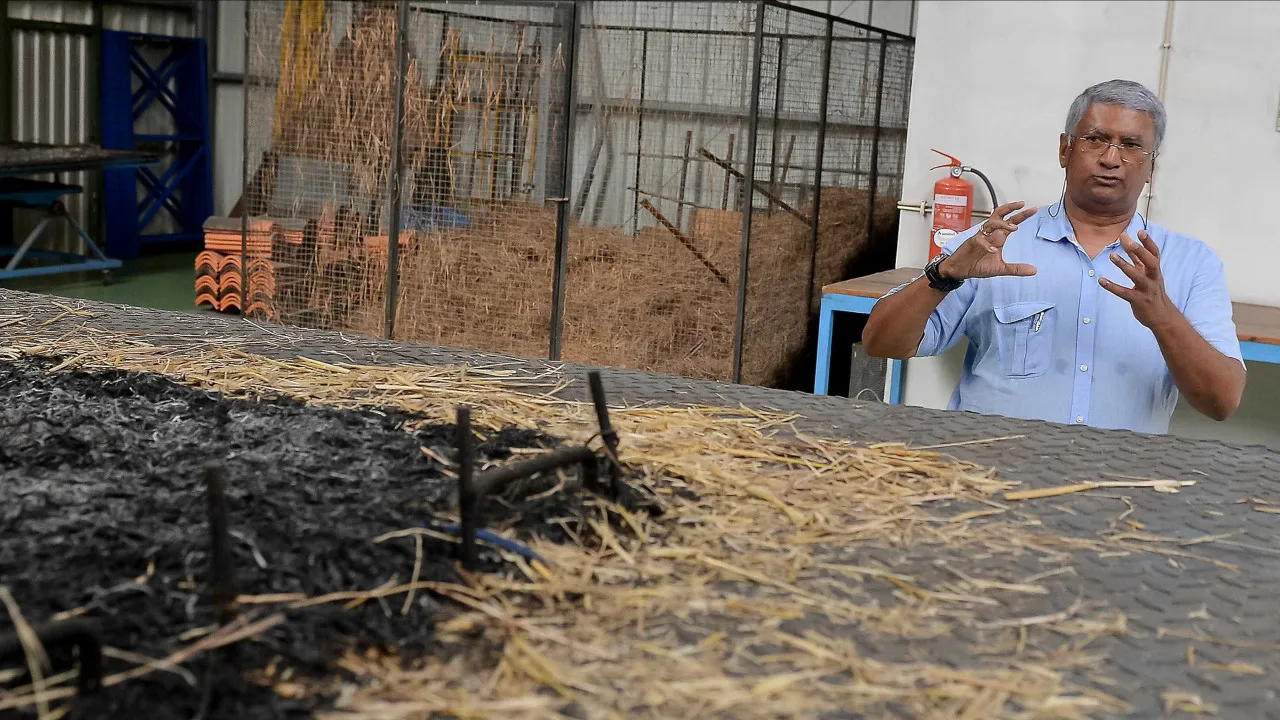
Forest fire expert Domingos Xavier Viegas asserted today that the presence of government officials and other political leaders in “theaters of operations” should not disrupt the coordination of relief efforts.
“I consider it positive that governmental and other entities are present in theaters of operations, including at their command posts, provided that necessary precautions are taken to ensure their presence does not disturb the coordination of operations,” stated the retired professor from the University of Coimbra (UC) in a statement sent to Lusa.
Xavier Viegas took this stance referencing his previous role as coordinator of the UC team, appointed by the government at the time, which “investigated the fire” that began in Pedrógão Grande, Leiria district, on June 17, 2017. The report was presented to Prime Minister António Costa’s government on October 16 of that year.
The fire, which affected several municipalities in the central region, resulted in 66 deaths and over 250 injuries, some severe.
“There has been much discussion these days regarding the presence of government or other entities at forest fires, particularly at command posts or affected areas, citing a determination made in 2017 based on a resolution or proposal by the Independent Technical Commission (CTI, appointed by the parliament), which studied the Pedrógão Grande fire,” recalled Xavier Viegas.
Through the statement, the researcher sought to “clarify a misunderstanding” he believes exists in the “reading and interpretation of the recommendation” made eight years ago.
Citing the report, he noted that the fire in Pedrógão Grande “attracted the attention of sovereign bodies, from the President of the Republic to the Prime Minister and other government members, at various times, especially after its severity became known.”
In June 2017, these leaders “personally visited the theater of operations on the day of June 17 and in the following days to express solidarity and support and to address political or administrative issues that the management of such a significant problem entailed.”
“With their presence, they intended to demonstrate, to the people and operational entities managing the incident, that the entire country stood in solidarity with them,” yet, “as commendable as this attitude was, it had some less positive effects on the management of the fire,” by the end of the first day, according to the University of Coimbra team’s report.
At times, Xavier Viegas emphasized, “there is confusion between our study and that of the CTI, appointed by the Assembly of the Republic, also to study the Pedrógão fire.”
“Although we worked independently on this matter, our colleagues at the CTI reached virtually the same recommendation as we did,” he highlighted, quoting part of that commission’s report.

